How to Get Back on Track After Eid Al-Fitr Vacation - Welcome Back! We hope that you've enjoyed your Eid Al-Fitr vacation. After returning from Eid Al-Fitr holiday, most of us have post-vacation syndrome.

What is a post-vacation syndrome, and how does it affect you?
Post-vacation syndrome, sometimes known as the "holiday blues," is a depressed mood that occurs after a period of high emotions or stress.Insomnia, poor energy, irritability, loss of focus, and anxiety are some of the most common symptoms of post-vacation syndrome.
The outcome of a quick surge of stress hormones following a significant event, such as a wedding or the holidays, is known as post-vacation syndrome.
Dr. Job is here to answer the question of how can you get back on track after Eid Al-Fitr's vacation?

1- Make a list of all the things you need to do.
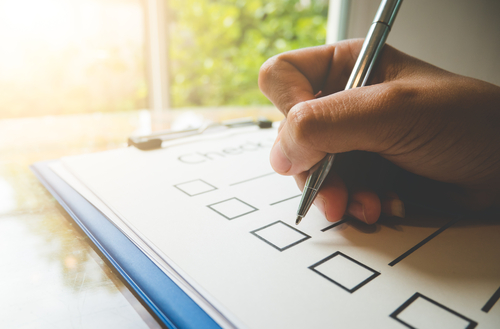
Read also, Missed Eid Vacation? Here Are 11 Tips To Make It Up For Yourself
So, take a piece of paper and a pencil, or open a new note on your computer, and write down all of your monthly to-dos (now isn't the time for a complex organizing system).
Then, using numbers, organize them according to urgency or deadline (so that it's a laundry list).
Then, determine how you'll spend today—you'll most likely be able to get through the first two hours of your day back, so start small.
2- At 9 a.m., don't expect to be at full speed.

Consider what you really want to achieve on your first day back at work before you even start. Make a list of one or two major objectives for the day. No one asks you to have it all arranged and addressed by 9 a.m.
Give yourself a bit extra time to do your regular daily duties to get back into the swing of things.
3- Regain control of your sleeping patterns.

So everything you can do to obtain a decent night's sleep would be beneficial. Instead of watching television, take a bath or shower, listen to soothing music, or read a book to unwind before night.
But the most significant change you can make is to turn off your devices an hour before night — close the laptop, stow the iPad, turn off your phone, and fight the urge to look at them.
Instead, not only will what you're reading excite your delightfully calm mind, but the device's blue light will trick your brain into thinking it's daytime, suppressing the creation of melatonin in your body - the hormone that aids sleep.
4- Sort Through Your Emails.
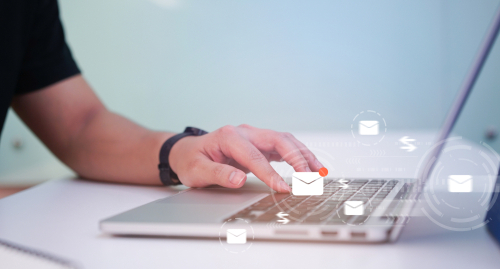
Sort all of these emails into three folders based only on the subject line; afterward, concentrate exclusively on the first folder today (and save the last folder for Friday, when you're done with the week's work).
Keep in mind that if anything is urgent, the sender will almost certainly ping you again.
5- Bring a snack to enjoy.

If your employment is anything like mine, you've spent the last few days surrounded by Kahk and Eid snacks.
Now that Eid Al-Fitr vacation is over, the office will undoubtedly revert to a depressing, candy-free environment.
However, because your brain and body may have become conditioned to expect treats at different times throughout the day, bringing a small snack to keep at your desk can help to calm those expectations.
If you bring something nutritious, you'll get double extra points.
6- Nutrition.

A good diet can also help you avoid dementia later in life. As a result, you owe it to yourself and your company to avoid junk food and eat properly.
7- Meetings that aren't urgent should be postponed.
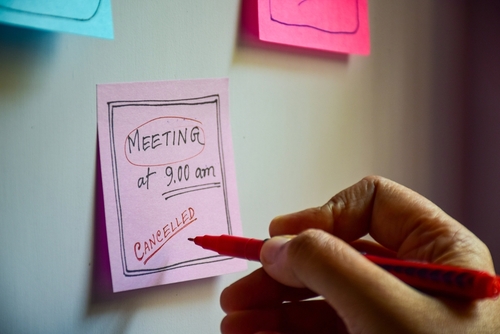
Hence, if possible, reschedule those meetings for later in the week. If you need to talk about anything urgently, try initiating the discussion by email.
8- Give yourself time to recharge.

As a result, set aside some time to do just that. Please make plans to have lunch with them, which will provide you with a rejuvenating break that will help you be more productive in the afternoon, but it will also allow you to converse guilt-free as you settle back into your pattern.
9- Even though you wouldn't want to, communicate with people.

You'd be astonished at how much individuals like chatting about their previous vacations. If you're scared that's what others will think, start asking them about their upcoming trip or a prior vacation they remember fondly.
These types of conversations help you develop ties with your coworkers, which will help you go back to work.
10- Determine your targets.
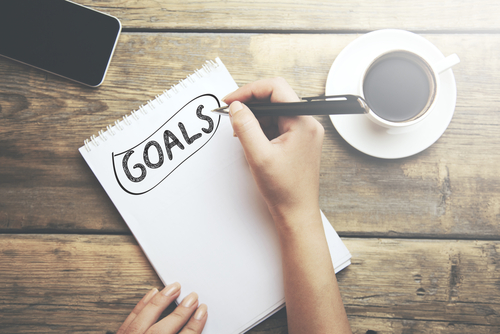
When you return to your work, it's all too easy to become stuck in a rut of doing things the same way you've always done them.
So make it a priority to establish your goals ahead of time and write them down in your calendar, so you don't forget about them.
11- Don't go beyond.

However, even if you believe you are doing more in the short term, this might lead to increased stress and will most certainly negatively influence your productivity in the long run.
Holidays are an essential component of a healthy work-life balance. As a result, any guilt about taking time off should be banished, and you should avoid overworking when you return to preserve the incredible energy gained during your vacation.
Collaboration comes into play; all organizations must be able to function without specific members at certain times throughout the year.
12- Make self-care a priority.

Going back into a routine might help with the transition back to work. Imagine coming home on a Sunday evening with no food in the fridge, a disorderly home, and having to get up early the next day to go to work; how stressful does that sound?
Start by organizing your home, going for a walk or a yoga session, attempting to get up early to re-adjust your sleeping hours, and resuming a healthy diet.








 2023-04-26
2023-04-26
 2023-04-04
2023-04-04
 2023-03-22
2023-03-22
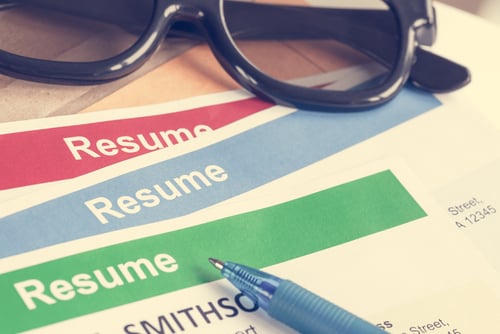 2023-03-20
2023-03-20
 2023-03-08
2023-03-08